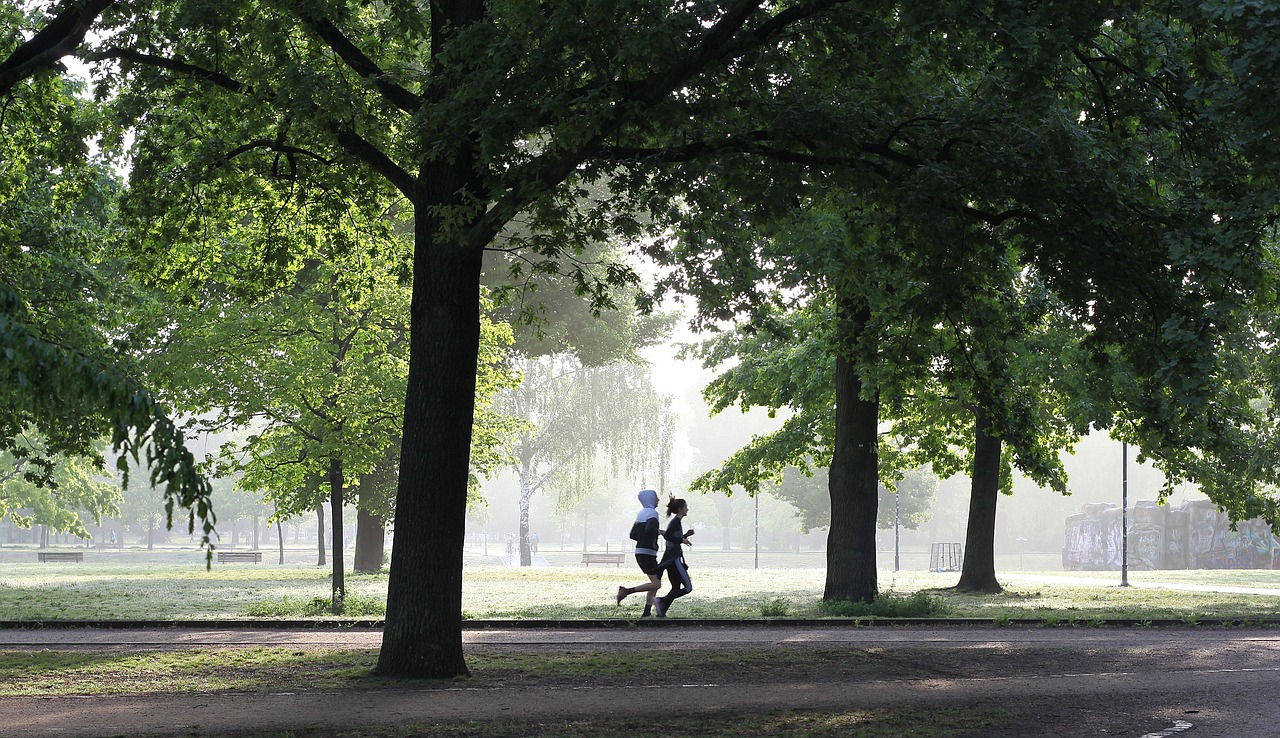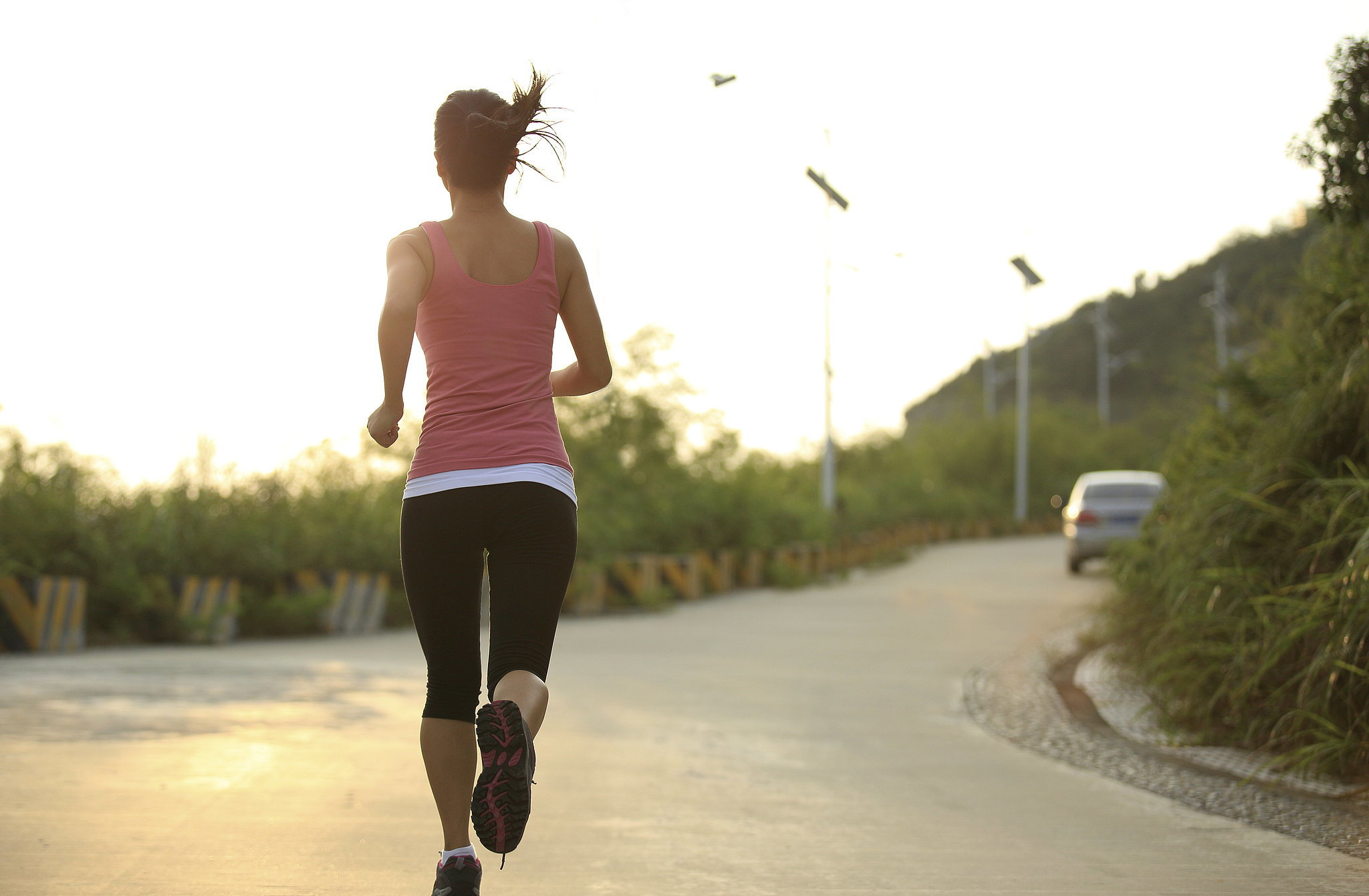Running has gained popularity as a globally popular sport for its simplicity and significant health benefits. Among many runners, there has been an inconclusive discussion about which is better, morning or night running.
In fact, morning running and night running each have their unique advantages and things to pay attention to, and you can choose between morning or night running according to your needs and time.
Morning run: the start of a great day
- Advantages of morning running
The biggest advantage of running in the morning is that it can quickly wake up the body, injecting vitality and a positive mindset for the whole day. When you get up in the morning, all the muscles and organs of the body are still in a state of relaxation. Proper exercise at this time can wake up the body and speed up the metabolism.
At the same time, when you get up in the morning, the body’s sugar is in a state of lack after a night of metabolism, and the blood glucose level within the blood is relatively low. At this time to carry out appropriate exercise, the body will consume fat to replenish energy, which will help reduce fat and slim down.
In addition, the air in the early morning is relatively fresh, the environment is serene, and morning running also helps to get people excited quickly, which helps to relax the mood and organize the thoughts to start a new day.
- Morning running precautions
Morning running should pay attention to sufficient warm-up. As the body after a night’s rest, may still be in a semi-resting state, muscle stiffness, cardiovascular system is also not in the state, this time for adequate warm-up is particularly important.
Warm-up exercises can include easy walking, jogging, and dynamic stretching for large muscle groups, such as leg swing, knee raise, etc., in order to gradually raise the heart rate and body temperature and reduce the risk of sports injuries.
Take care to properly hydrate and calorize for your morning run. When you get up in the morning, your body is in a state of dehydration, and running will also further increase the dissipation of water from your body, so it is especially important to replenish water in a timely manner before and during running.
At the same time, after a night of metabolism, the body’s blood glucose level is too low when exercise is also prone to fainting and other risks, it is recommended to properly replenish the energy, to avoid blood glucose is too low.
Night Running: Enjoy Running in Better Condition
- Advantages of night running
Night running is a great way for busy people during the day to relax and reduce the stress of the day.
At night, the body is fully active and muscles and joints are less stiff, which also helps with more intense training.
- Precautions for night running
Special attention needs to be paid to ambient light and safety when running at night. Wear running gear such as reflective strips and headlamps if necessary.
Warming up is equally important when running at night, but since the body is already warmed up from the day’s activities, the focus of the warm-up can be on relaxation and stretching, such as static stretching, to help the muscles relax and reduce muscle soreness the next day.
Whether you run in the morning or at night, you need to be aware of-
- Warm up
Whether you run in the morning or at night, warming up is indispensable. The purpose of warming up is to gradually awaken the body, raise the heart rate and body temperature, and prepare for the upcoming exercise. A warm-up should consist of easy aerobic exercises and dynamic stretches that target the major muscle groups. For example, it could start with a brisk walk or jog followed by some dynamic stretching such as leg swings and hip rotations to increase muscle flexibility and blood flow.
- Pulling
Pulling is a very important part before and after running. The stretching before running is mainly dynamic, the purpose is to let the muscles “warm up”, improve muscle flexibility and joint flexibility. Post-run stretching should be static, aiming to help muscles relax, reduce muscle tension and soreness, and speed up the recovery process. For example, leg lifts and stretches, and stretches for the posterior leg muscle groups can be performed after running.
- Relaxation
Relaxation after a run is equally important. This includes not only static stretching of the muscles, but also deep breathing, jogging or brisk walking, and foam shaft rolling if necessary. These relaxation activities help to reduce the accumulation of lactic acid, improve blood circulation and speed up the recovery process.
To summarize, morning and night running have their own advantages, and the key is to make a choice based on one’s lifestyle and physical condition. Regardless of which one you choose, proper warm-up, stretching and relaxation are the keys to ensuring the effectiveness and safety of your run.
Running is not only a way to exercise, but also a healthy habit to enhance the quality of life. As long as we treat it correctly, running can always bring positive effects to our lives.

